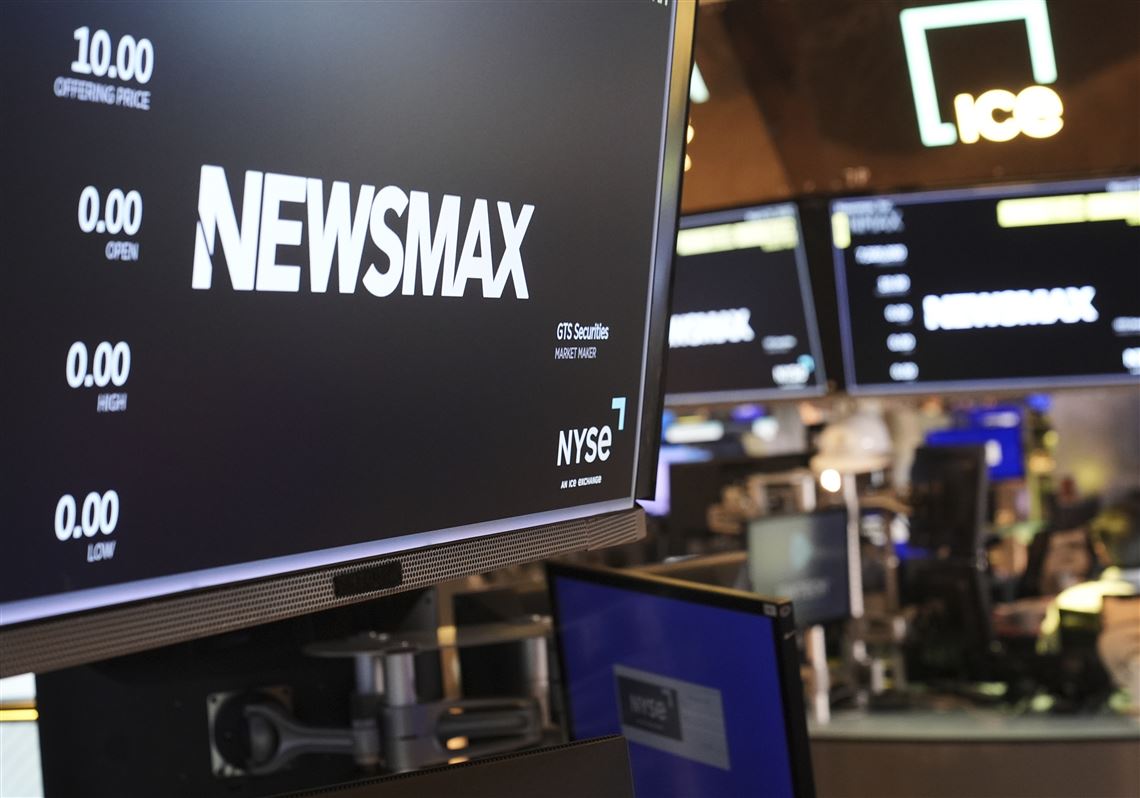Newsmax has settled its legal disagreement with Dominion Voting Systems by consenting to a $67 million payment, concluding a significant defamation case associated with the 2020 U.S. presidential election. This settlement stops the case from advancing to trial and highlights the financial and reputational impacts that media organizations may encounter when covering claims that are unsupported by verified evidence.
Dominion Voting Systems, una empresa que suministró tecnología electoral y máquinas de tabulación en todo Estados Unidos, se convirtió en un objetivo central de campañas de desinformación tras las elecciones de 2020. Acusaciones infundadas sobre la manipulación de resultados por parte de los sistemas de Dominion se difundieron rápidamente, impulsadas por figuras públicas y ciertos medios de comunicación. Estas afirmaciones fueron desmentidas repetidamente en tribunales y mediante auditorías oficiales, sin embargo, el daño a la reputación de Dominion fue considerable. La empresa presentó múltiples demandas por difamación para proteger su credibilidad y exigir responsabilidades por la desinformación.
Newsmax was one of the media companies named in Dominion’s legal strategy. While the network initially defended its coverage by citing the newsworthiness of election-related allegations, critics argued that its reporting amplified falsehoods that undermined confidence in the democratic process. Facing mounting legal pressure and the potential of a costly trial, Newsmax’s decision to settle reflects a pragmatic choice to mitigate risks and limit further reputational fallout.
The $67 million agreement adds to the array of notable financial settlements Dominion has obtained from legal actions related to false election claims. These lawsuits highlight that although press freedom is fundamental to democracy, it does not protect organizations from the repercussions of spreading unverified information. Legal specialists emphasize that the agreement serves both as a warning and an example, alerting other media outlets to the necessity of thorough fact-checking and editorial accountability in reporting on politically sensitive matters.
For Dominion, the agreement not only delivers financial restitution, but also bolsters its wider initiative to restore public confidence. The company has consistently upheld that its technology is safe and dependable, with election officials from both political parties nationwide endorsing the trustworthiness of the systems utilized in 2020. Through these legal actions, Dominion has aimed to protect not only its business reputation, but also the legitimacy of electoral systems that support democratic institutions.
The agreement also signifies a wider acknowledgment within the media sector. The swift dissemination of false information—particularly during events filled with political intensity—has put the long-standing principles of journalism to the test. The lawsuit involving Newsmax shows the consequences for media outlets that do not distinguish between claims lacking evidence and confirmed information, risking legal and monetary outcomes. Concurrently, it underscores the duty of media entities to uphold public trust amid periods of political strain.
Los observadores señalan que este resultado probablemente influirá en las prácticas editoriales futuras. Es posible que las cadenas opten por implementar protocolos más estrictos para gestionar afirmaciones políticas controvertidas, destinando más recursos a la verificación de hechos y a la revisión legal antes de emitir contenido que pueda ser considerado difamatorio. Para las audiencias, este cambio podría traducirse en una cobertura más prudente, donde los medios evalúan los riesgos de difundir historias no verificadas frente a su obligación de informar sobre asuntos de interés público.
The conclusion of the Newsmax situation further shapes the evolving legal environment that involves Dominion. The company is still actively engaged in legal actions against various parties alleged to have disseminated misinformation regarding its involvement in the 2020 election. Every agreement reached bolsters Dominion’s stance, highlighting the gravity of libel in the online age and the major financial repercussions of careless journalism.
Beyond the courtroom, the broader implications of the case reach into the realm of democracy and public trust. The spread of misinformation about elections undermines confidence in voting systems, polarizes communities, and erodes the legitimacy of institutions. By holding media outlets accountable through defamation suits, companies like Dominion are not only defending their business interests but also reinforcing the principle that factual accuracy is essential in civic discourse.
From a legal standpoint, the agreement emphasizes the careful equilibrium between safeguarding free expression and preventing damage from misleading statements. Courts have consistently upheld that while vigorous discussion is crucial for democracy, the deliberate or careless distribution of incorrect information that harms reputations can lead to legal repercussions. The settlement with Newsmax illustrates this balance in action, showing that responsibility can be ensured without compromising the right to free speech.
Mientras Newsmax avanza, el reto es restaurar su reputación con los espectadores, anunciantes y el público en general. Resolver la demanda podría aliviar las presiones financieras y legales inmediatas, pero la tarea a largo plazo de recuperar la confianza dependerá de cómo la cadena aborde los estándares editoriales y la integridad periodística en el futuro. Para Dominion, el acuerdo representa un paso más en su esfuerzo por recuperar la confianza, tanto en su tecnología como en los sistemas electorales más amplios que respalda.
The $67 million agreement between Newsmax and Dominion ultimately serves as a milestone in the intersection of law, media, and democracy. It highlights the costs of amplifying misinformation, the importance of responsible journalism, and the resilience of legal systems in addressing reputational harm. In the years to come, this case will likely be studied as part of a broader shift toward greater accountability in media practices, offering lessons not only for news organizations but for all institutions navigating the challenges of truth and trust in the modern era.



:max_bytes(150000):strip_icc()/GettyImages-22099526461-695f119f7b254a52aee8839ff8d99daf.jpg)
